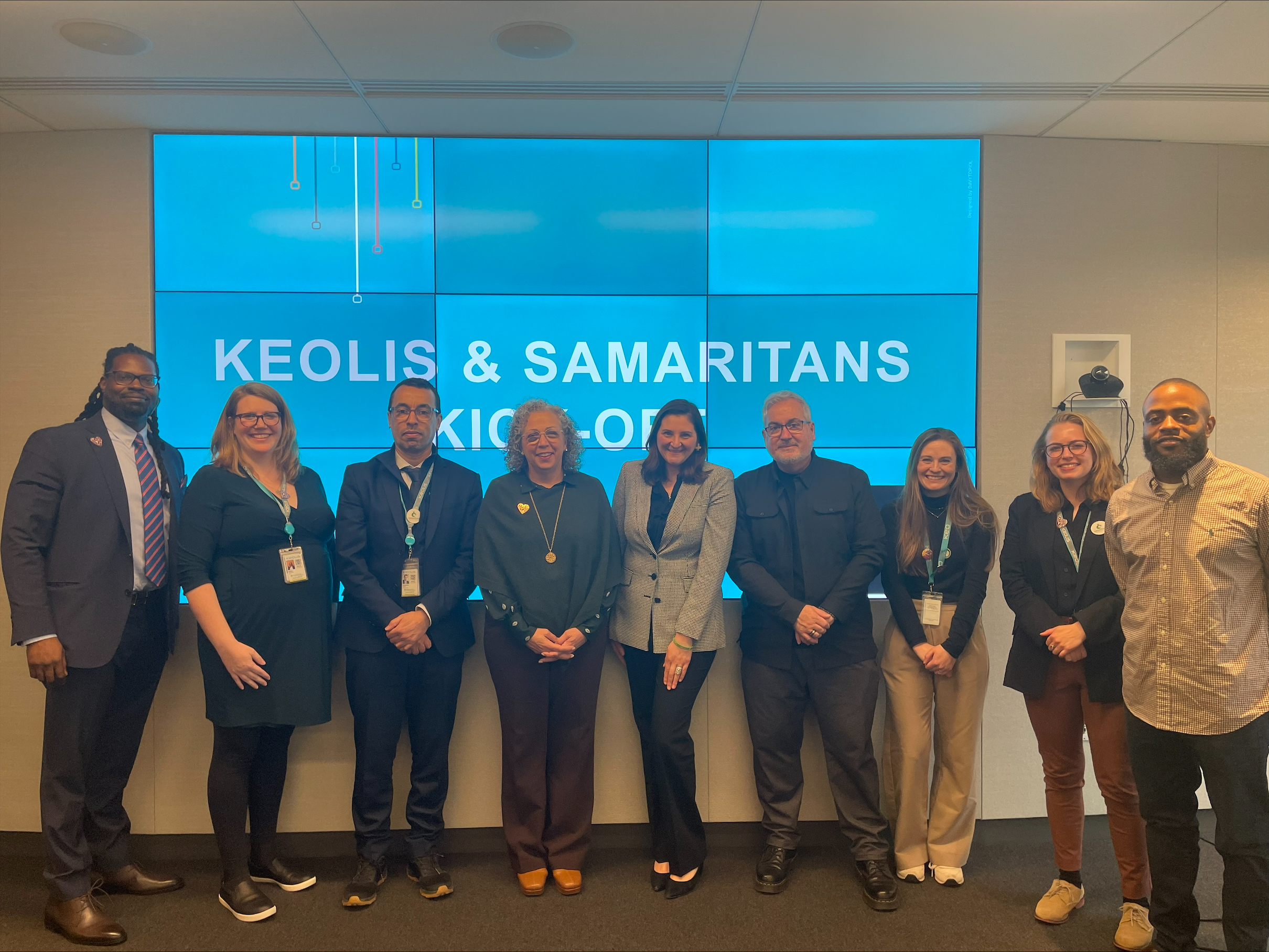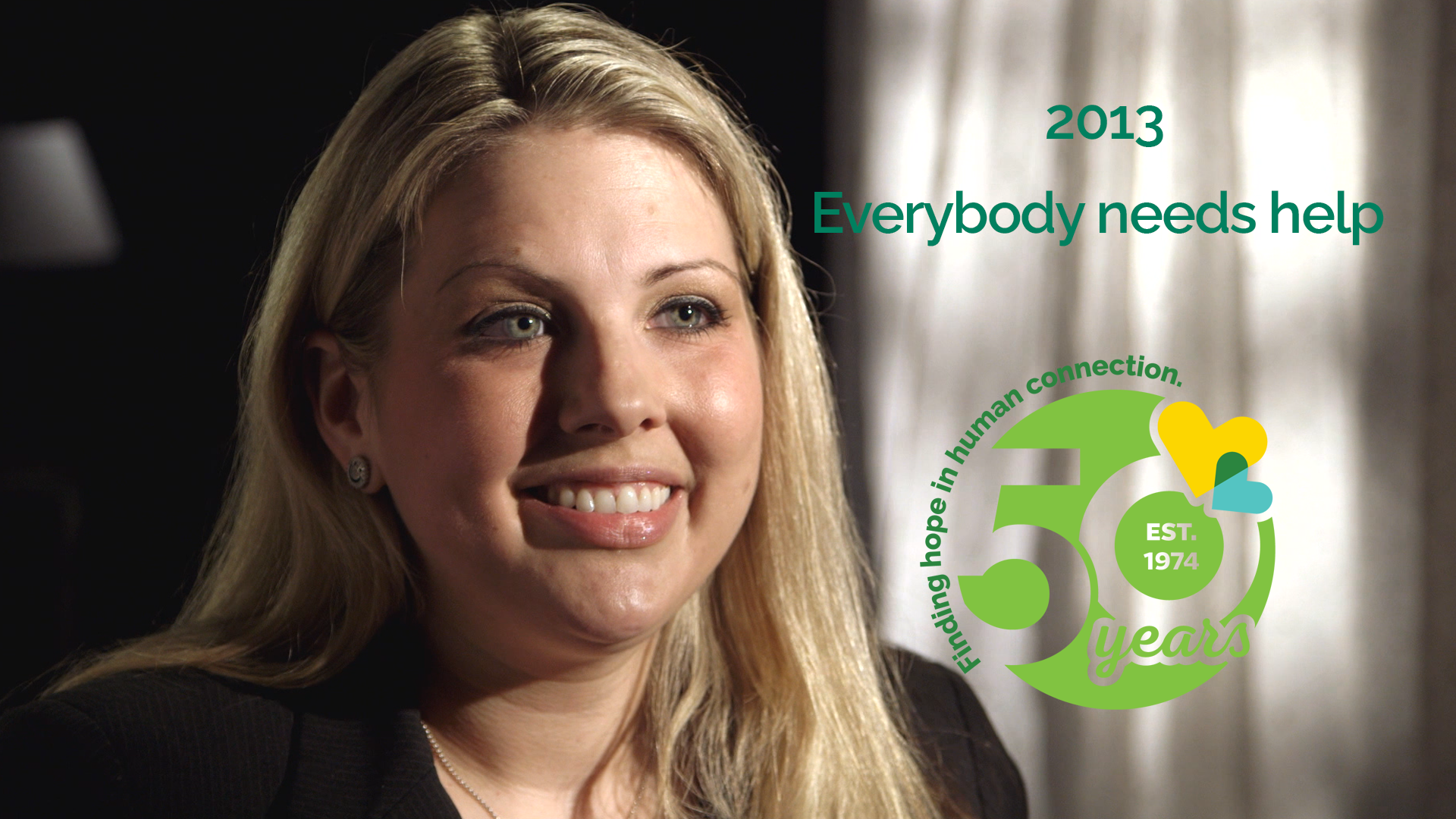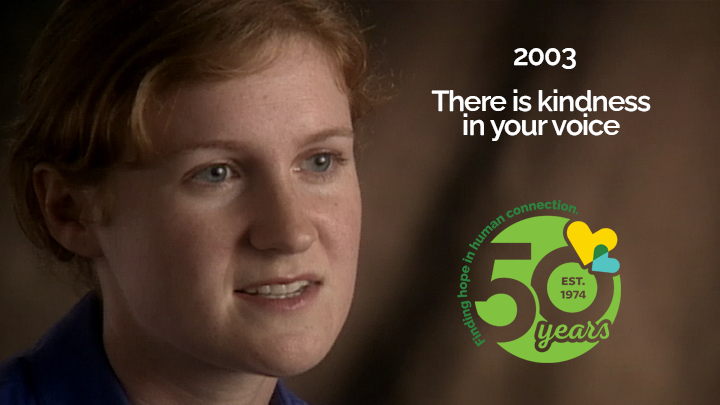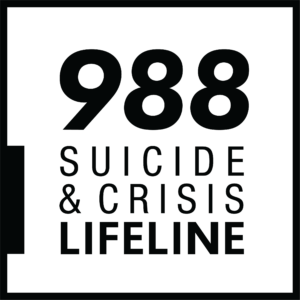In March 2024, Fred Bernabe joined Samaritans staff as the new Senior Director of Community Education and Outreach. Fred is an experienced mental health therapist, facilitator, trainer, licensed math teacher, entrepreneur, and equity advocate from Dorchester, MA. As a first-generation Haitian American, Fred is fluent in Haitian Creole and American Sign Language. As a current leadership psychology doctoral student at William James College, Fred is focused on bringing his organizational development skills and insight to the communities he serves and the people he supports.
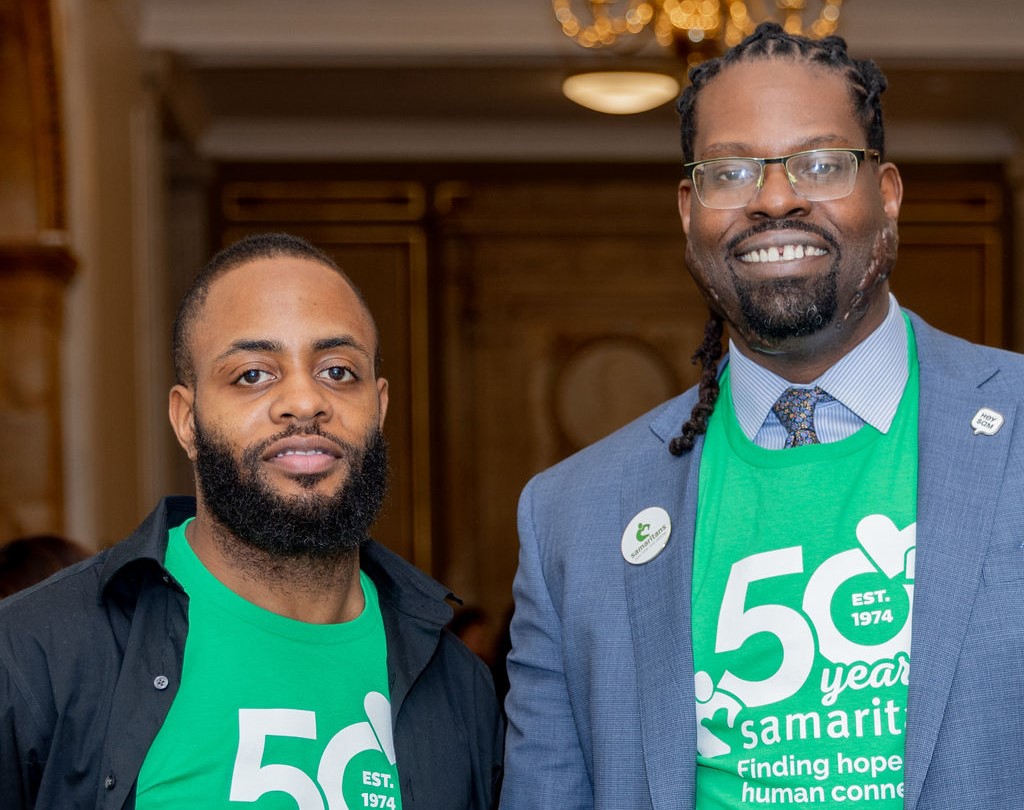
Why did you choose to join Samaritans?
I want to say Samaritans chose me.
I first reached out to Chief Clinical Officer Kacy Maitland about 6 months ago regarding a clinical position with an upcoming peer support group from Samaritans for survivors of suicide attempts (SOSA) that will launch later this year. The project was in the early stages at that point, so I had many conversations with Kacy regarding SOSA and why I was interested. A month or two later, she presented me with the Senior Director of Community Education and Outreach role and told me they were hiring. The position lined up perfectly with what I’ve done in the past, and I feel like this role was great in terms of putting my entire skill set into one basket. I have a strong passion for both mental health and education, and this role allows me to couple the two.
What is your professional background?
Prior to joining Samaritans, I was teaching high school geometry, in addition to seeing clients via in-home therapy. Every now and then I picked up projects on the side. In December, for example, I ran a parenting journey group for My Brother’s Keeper in Cambridge. I am also currently obtaining my Doctor of Psychology in organizational leadership from William James College.
I want to increase awareness and resiliency about supporting people who experience this type of trauma.
What do you hope to achieve for Samaritans in your new role?
For starters, I hope to reach demographics that would find this type of conversation taboo. I also want to increase awareness and resiliency about supporting people who experience this type of trauma. It’s about building resiliency and not letting that event define the community. Really focusing on questions like, how can we be more supportive? What services can we offer?
How do you take care of your own mental health?
I schedule it—I make notes in my planner to practice some self-care. I remind myself to sleep in, or to exercise. I think sometimes people treat self-care like a crisis plan. When there’s a crisis, then they employ self-care. I try to treat self-care like my favorite sitcom, where I know it’s coming on every Monday at 5:30 so I need to prepare.
What would you like the world to know about mental health and suicide prevention?
The two almost sound separate, but they’re not separate. They’re interconnected. One of the best ways to reduce death by suicide is to really talk about mental health. I think talking about it from an educational standpoint can be supportive.
Sometimes, people can be dismissive when it comes to this topic. If they don’t know anyone who has personally been impacted, they may automatically disconnect from it. With that being said, educating people about suicide is important. Even if you may not have been personally impacted by this experience, learning ways to be supportive to those around you is equally as important.
Building expertise to support mental health and prevent suicide is critical to our mission. We’re here to teach communities how to recognize warning signs of suicide and help someone who is struggling. Schedule a free in-person or virtual suicide prevention workshop for your community.

